Natural cosmetics: are vegetable and essential oils your best beauty allies?
REBECCA ALONSO
The fashion for natural products for cosmetics is on the rise, as is the terror of parabens, silicones, mineral oils, perfumes, dyes, PEGs and phthalates. There is more and more information at the fingertips of consumers thanks to the internet and social networks, which is why many people are beginning to question the origin of the ingredients in cosmetic products and to look for natural substitutes. There are many pages and blogs that talk about this topic, including applications such as 'Ingred', which analyzes the compositions by taking a picture of the list of ingredients.
First of all, it should be noted that the products that reach stores pass a control, but it is also true that the long-term effects of some of their chemical ingredients are sometimes unknown. In fact, the World Health Organization warned six years ago in a report carried out jointly with the United Nations that "many synthetic chemical substances whose effects on the hormonal system are still to be investigated could have important repercussions on health." On the other hand, apparently natural alternatives are not always so, and we must remember that the fact that an ingredient is 100% natural does not mean that it does not have side effects. What is indisputable is that, for all those who prefer to reduce their contact with industrial chemical components, there are natural alternatives for practically all cosmetic and beauty needs.
Difference Between Vegetable Oils and Mineral Oils
For those who want to replace creams with long lists of ingredients for something more natural, vegetable oils are a good alternative. Vegetable oils should not be confused with mineral oils, since the latter are derived from petroleum. The problem with mineral oils is that they create a thin layer on the skin that protects and apparently softens, but actually prevents the moisturizing ingredients from penetrating deeply. For this reason, sometimes we feel the need to apply certain creams that contain these compounds over and over again, such as liquid paraffin or petrolatum, for example.
Vegetable and essential oils are extracted from plants and their fruits, so they are 100% natural when presented in their pure state and have a great moisturizing capacity. The main question they generate is: Will it leave my skin very oily, with pimples and shine? The answer is not necessarily, if we choose the right oil.
Jojoba oil: It is one of the most versatile. It is precisely suitable for oily skin, since its texture is similar to the skin's natural sebum and is capable of regulating and balancing it. Of course, if the skin is oily, it is better to apply a small amount, just a few drops. And remove the excess if necessary with a towel or paper. It is also suitable for dry or combination skin, as it hydrates deeply.
Argan oil: It has become very famous for its benefits for the hair but it is also very good for the skin. Pale in color, almost transparent, it is rapidly absorbed. Contains unsaturated fatty acids, tocopherol (vitamin E) and vitamin C. It is very moisturizing and antioxidant.
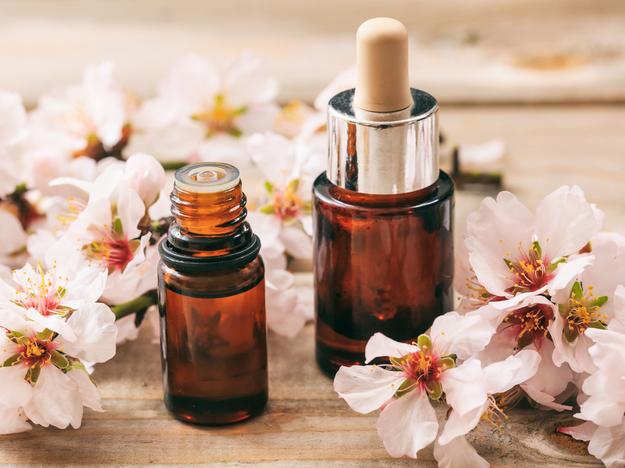
Rosehip oil: It has a great regenerative capacity, making it ideal for preventing wrinkles and smoothing scars. Contains retinol, vitamin C and E. It is more viscous than argan and jojoba so it is not absorbed as quickly. For oily skin it is better to apply small amounts and preferably at night if we are going to use it on the face.
Castor oil: It is very moisturizing and has triglycerides in its composition. It is ideal for dry skin. It should be noted that its seeds are toxic but the resulting oil is not. Some people call it castor oil because 'castor' means castor in English.
Sweet almond oil: It is very rich in fatty acids such as Omega 3 and 6. It is excellent as a body moisturizer after a shower (apply to slightly damp or dry skin). Also to avoid pregnancy stretch marks, especially if we add a few drops of rosehip.
Grape seed oil (or pips): It has many vitamins such as E and protects against free radicals. It is very moisturizing and is perfect for soothing skin damage from the sun in summer.
Calendula oil: Indicated for sensitive and problem skin, as it has a calming effect.
Lavender essential oil: It is very versatile, with regenerating and relaxing action.
Orange essential oil: Contains vitamin C and is an ally against aging.
Tea tree essential oil. It has the ability to eliminate bacteria, fungi and viruses. It is even used as a lice repellant. It also helps get rid of pimples. However, its smell is a bit strong.
Avocado oil. It is one of the oils with the greatest moisturizing power, ideal for extremely dry skin. It is better to apply it at night so that it does not leave shine during the day.
Contraindications of vegetable and essential oils
It should be noted that their natural origin does not prevent them from presenting contraindications. For example, it can be dangerous to use some essential oils during pregnancy. In addition, it is advisable to dilute essential oils (concentrated) in carrier oils (almond, argan, jojoba...) to apply them. It should also be borne in mind that some are photosensitive, that is, they react to light and can cause sun spots on the skin, such as hypericum oil, rosehip oil and citrus essential oils (orange, lemon, tangerine, bergamot, grapefruit), so we must avoid them if we are going to expose ourselves directly to the sun. In summer, if we want to apply oil to our face and this photosensitive effect scares us, we can opt for oils such as jojoba or raspberry, which have a small percentage of sun protection (especially raspberry, although they cannot replace to sunscreens) or also by a carrot macerate (the carrot is macerated in oil), which favors the appearance of a golden tone on the skin.
In addition, it is necessary to make sure that these oils are 100% pure and are not mixed with other ingredients (yes, we can mix them together ourselves or buy products with this mixture made) and it is important that they have been obtained by the first pressure method. cold instead of by chemical processes so that they are completely natural, retain all their properties and have no traces of other components.
When these oils bear the surname 'bio' it means that they come from organic farming that avoids the use of pesticides. Keep in mind that some products may be organic but not show it on their label because they are not certified.
Finally, it should be noted that, being natural oils without preservatives, it is important to follow conservation standards so that they do not lose their properties. It is preferable to store them in amber-colored containers (better glass, and if not, good quality plastic) to protect them from light and avoid, as much as possible, that they remain in places with a lot of heat and/or humidity. Also, make sure to close them well after each use. They can last for years if they are stored correctly, although it must be taken into account that some oils are more sensitive to oxidation than others.
eye contour
Vegetable oils can also be used as an eye cream. Some of the best for this area may be jojoba, argan, grapeseed, castor and prickly pear seeds. Castor oil is specific for dark circles, as it helps reduce inflammation. You can make a mixture of several of these ingredients and apply a small amount with light touches from the inner part of the undereye to the outer part and allow it to absorb.
Skin cleansing and make-up remover
When removing make-up from both the face and the eyes, we can use jojoba oil. Gently removes traces of makeup and also leaves the skin soft and hydrated. Another advantage is that it does not irritate even the most sensitive skin. You can pour a few drops on a cotton pad or towel and pass it over the area gently or previously apply the oil with a light massage and remove it later.
Natural soaps are a good alternative to the typical gels (although there are also gels with natural ingredients) to clean both the body and the hands and face. These soaps, especially when they have been made by hand, usually contain caustic soda (sodium hydroxide) in their ingredients. Many people are scared of this ingredient, but keep in mind that it is no longer dangerous after the chemical reaction that occurs in the manufacture of these soaps. Vegetable oils are usually added to enrich their formula and moisturize the skin. Of course, they do not create as much foam as shower gels due to their natural components, but that does not mean that they do not clean. Of course, not all soaps with the name of 'natural' are handmade, so it is convenient to check the ingredients.
hair hydration
Vegetable oils also serve to moisturize the hair. Practically all of them are valid, although perhaps the most suitable are those of argan, almonds, castor and coconut. The latter has recently become a very popular oil, both for the skin and even as a food ingredient. It must be said that coconut oil moisturizes the skin a lot, but it may not be the most suitable for the face, since it is too greasy and can clog the pores and cause the appearance of pimples (depending on the type of skin). However, as a hair mask it is perfect. Also argan, castor and almond oil are suitable for this function. Some people apply these oils to the ends of clean, dry hair, but it's something that doesn't work for everyone, as they can make the hair excessively greasy. But applying them for a while and even overnight and then washing the hair provides very good results.
InstagramTrends

















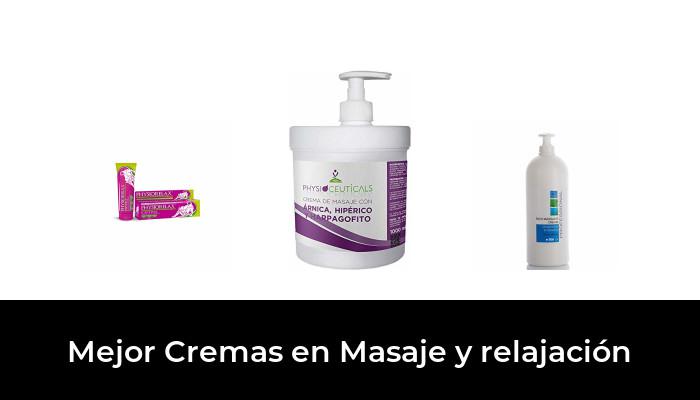
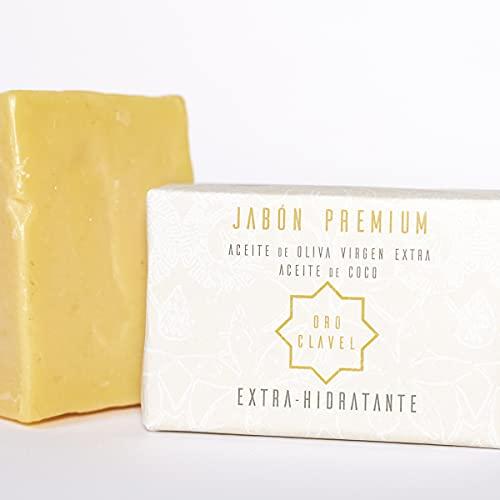
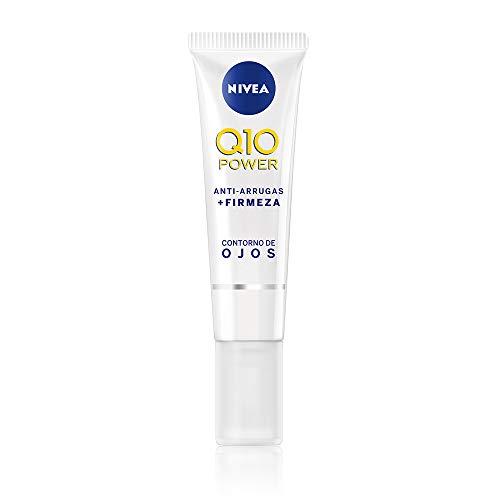
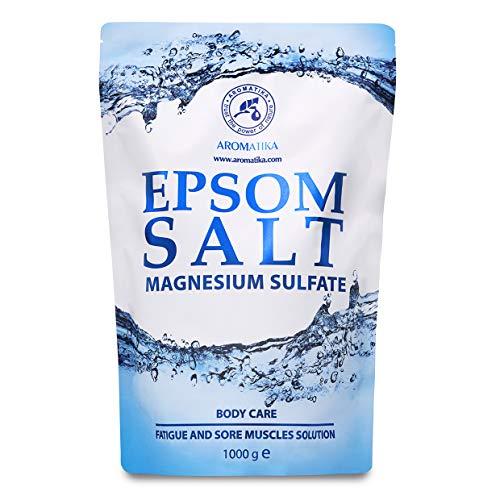






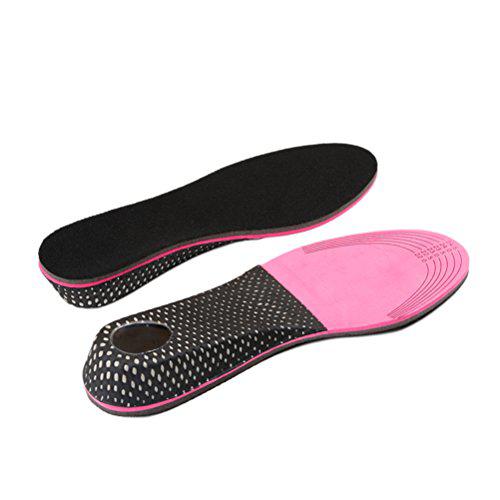
49 Best Creams in Massage and relaxation in 2021: according to the experts
25/02/2022You can get any random Massage & Relaxation Creams, but if you are looking for expert advice to make the best choice for your needs, then you have come to the right place. No matter...